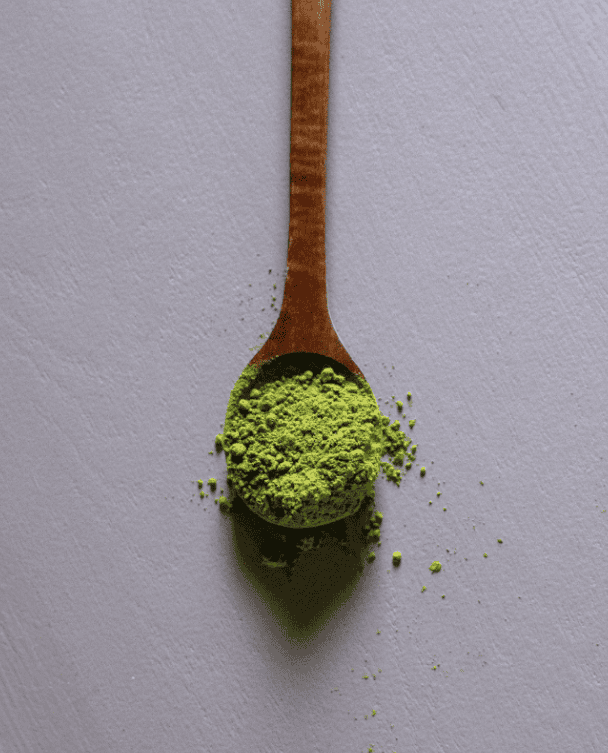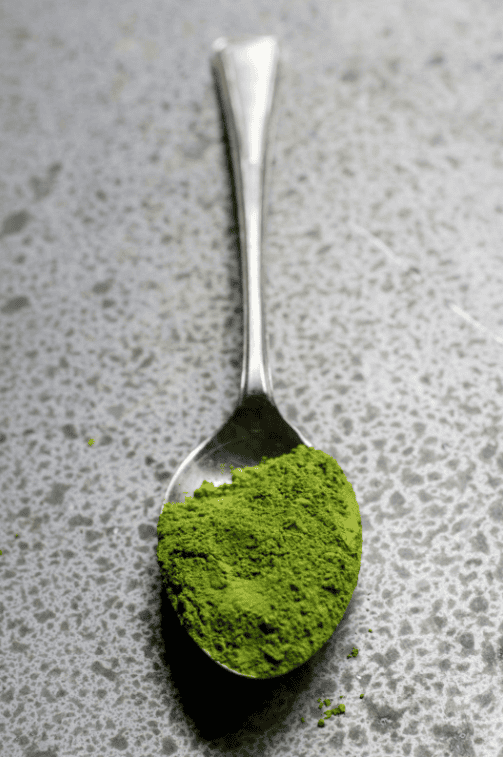Kratom has been one of the most buzzed-about plant-based product in recent times. People have it in the form of powder, capsule, or extract for a variety of potential benefits.
But like any plant derived supplement, not everyone’s physiology responds the same. A few users have reported being sensitive or uncomfortable after taking Kratom, raising a valid question; Can Kratom trigger allergies?
If you have ever been curious about that, you’re not alone. Even though kratom allergies are seemingly uncommon, they can still happen. Understanding what makes them happen, what signs to look for, and how to know about a potential kratom allergy, from warning signs early on to tips on how to use it safely.
Can Kratom Trigger Allergies?
Although Kratom is natural, it does not always mean allergy-free. Allergic reactions occur when your immune system misidentifies harmless particles, such as proteins or alkaloids, as dangerous intruders.
As a result, your body unleashes histamines and other chemicals that produce reactions like itching, rashes, or swelling.
Kratom allergies are named but rare. They typically result from one to three conditions, sensitivity to the plant’s own chemicals, production contamination, or cross-sensitivity with other members of the same family of plants.

1. What Causes A Kratom Allergy?
The Mitragyna speciosa tree belongs to the coffee family. Its leaves possess dozens of alkaloids, among which mitragynine and 7-hydroxymitragynine are the most well-known. These alkaloids bind with brain and body receptors, but for some individuals, they can activate an immune system response as well.
Below are a few reasons why someone may have an allergy:
- Sensitivity to alkaloids in plants: The body can identify a single alkaloid or several as an irritant, even if they are non-irritant for the majority of people.
- Cross-reactivity: Individuals with allergies to coffee, gardenia, or other Rubiaceae family plants may respond similarly to kratom.
- Impurities and contaminants: Bacteria, dust, or mold that build up during inadequate processing or storage may lead to irritation or an allergic response.
- Additives and fillers: Some kratom powders or capsules from unreliable sellers may include ingredients not listed on the label.
Because there’s no universal regulation for kratom, product quality can vary widely — making it especially important to buy from trusted sources.
2. Common Symptoms Of A Kratom Allergy
Can kratom cause allergies? An allergy to kratom could manifest differently for each individual, based on how the body responds and the amount of kratom ingested. Reactions may occur within a few minutes or several hours after use.
Common symptoms to monitor are as follows:
- Itching or redness on the skin
- Small rashes or hives
- Runny or clogged nose
- Watery eyes or sneezing
- Swollen lips, tongue, or eyelids
- Digestive discomfort such as nausea, cramping, or bloating
- Difficulty breathing (rare but severe)
3. How Prevalent Are Kratom Allergies?
There is not much clinical evidence on kratom allergies yet, principally because kratom remains a relatively new herbal product in Western nations. Nonetheless, according to anecdotal reports and community forums, allergic reactions appear to be uncommon but feasible.
In most instances, the reaction might be caused not by the kratom itself but by the way it was stored or processed. Kratom contaminated with mold, dust, or other plant debris may cause allergy-like symptoms that are indistinguishable from actual allergic reactions.
4. Allergy Or Side Effect? How To Tell The Difference?
Since Kratom has a strong natural impact, it’s simple to mistake a side effect for an allergy. The two, however, differ greatly:
A side effect happens when your body responds to the activity of the alkaloids, such as feeling nauseated after having too much Kratom is out of your system.
An allergy is a reaction. It’s an immune reaction, but it’s still reaction. It can feature symptoms such as swelling, rash, or itching, reactions your body performs to attack what considers a threat.
The difference:
- Allergic reaction: Skin rash, swelling, itchy eyes, trouble breathing.
- Side effects: Nausea, headache, drowsiness, upset stomach.
If your symptoms are skin irritation, swelling, or anything that will impact your ability to breathe, treat it as an allergy and discontinue use of kratom right away.
5. How To Avoid A Kratom Allergy?
The good news here is that a few simple routines can significantly lessen your chances of getting a Kratom allergy.
- Begin slowly: Always start with a low dose to monitor how your body responds. Only increase gradually uf no side effects or sensitivities occur.
- Purchase high-quality Kratom: Opt for reputable suppliers who offer third-party laboratory testing, purity reports, and clear ingredient labels.
- Store it correctly: Store Kratom in a cool, dry, light- free area. Humid environments can lead to mold formation.
- Don’t mix products: Blending Kratom with other supplements or herbs can amplify the chance of irritation or cross-reactivity.
- Rotate strains: Repeatedly using one strain could lead to sanitization in the long run. Rotating through strains reduces buildup and tolerance.
Listening to your body is the easiest form of prevention, when something feels “off,” take a break.
6. What To Do If You Suspect A Kratom Allergy?
If you find yourself itching, rash, or swelling after taking Kratom, discontinue immediately. Wash your hands or the area involved and hydrate with lots of water, for minor reaction, an over-the-counter antihistamine may help.
If you have more severe symptoms; including troubled breathing, swelling in your throat, or dizziness, call for medical assistance immediately. Allergic reactions can, at times, spin out of control very quickly.
Once things have stabilized, consult a healthcare provider or an allergist. They may run tests to confirm if Kratom mold, or another ingredient, was the real cause.
7. Can Kratom Trigger Allergies Over Time?
It is possible, but rare. A few people have reported that after months or years of frequent kratom use, they’ve developed allergies. This occurs when the body becomes more sensitive to the compounds in the plant, a process called sensitization.
Taking periodic breaks, switching strains, and practicing moderation are good preventive measures to avoid long-term sensitivity.

Conclusion
Kratom can be an interesting addition for those exploring herbal products, but it’s essential to approach it with awareness. Allergic reactions are rare, yet possible, especially when using low-quality or contaminated kratom.
If you notice any discomfort or unusual symptoms after using it, pause your use and observe how your body responds. Always prioritize safety, quality, and transparency when choosing where to buy your kratom.
A bit of care and caution can go a long way in ensuring that your experience stays positive and allergy-free.


